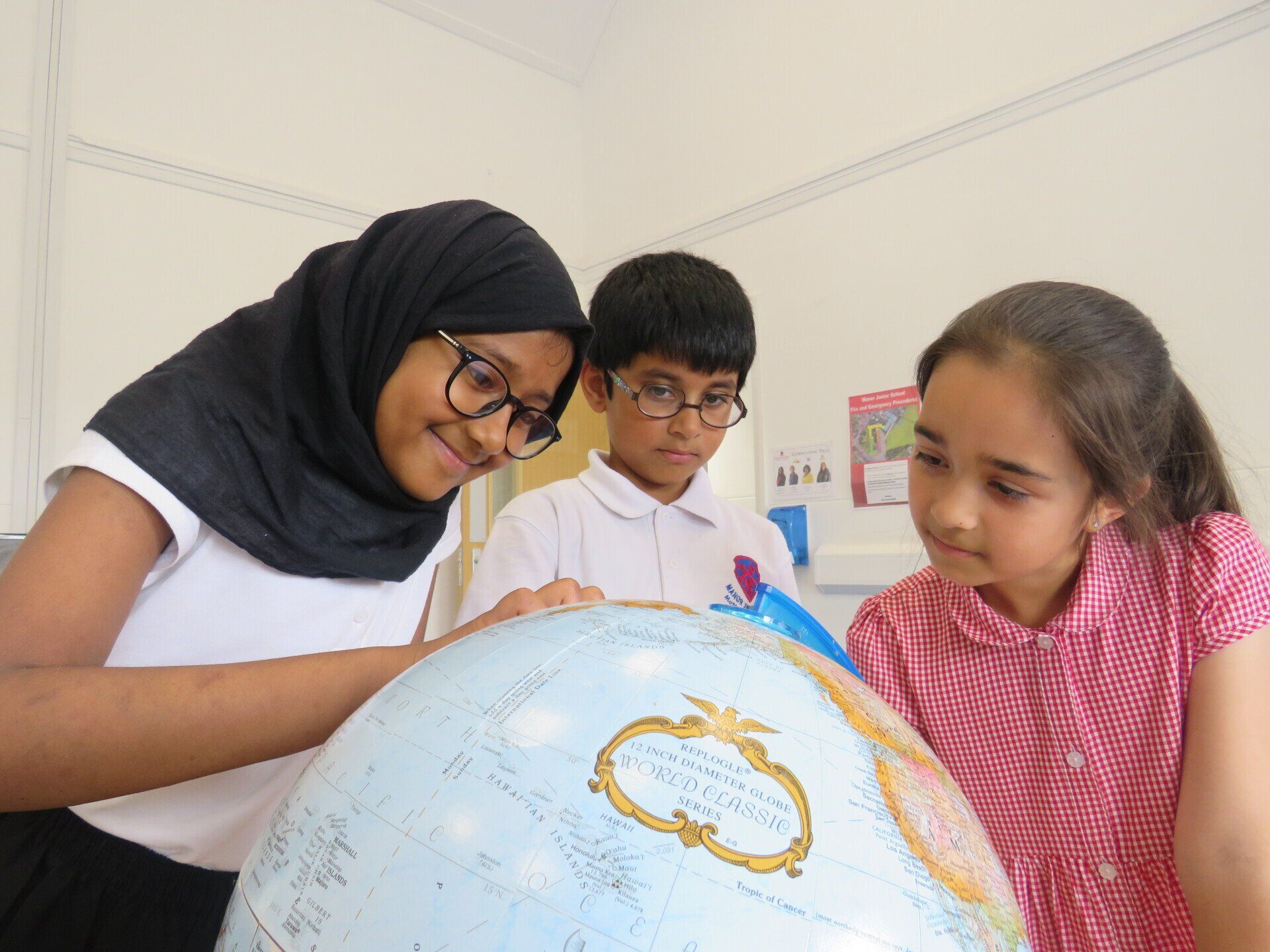Slide title
Write your caption hereButton
Spoken Language
INTENT
Spoken language underpins the development of reading and writing. The quality and variety of language that pupils hear and speak are vital for developing their vocabulary and grammar and their understanding or reading and writing. Pupils are taught to:
- listen and respond appropriately to adults and their peers
- ask relevant questions to extend their understanding and knowledge
- articulate and justify answers, arguments and opinions
- give well-structured descriptions, explanations and narratives for different purposes, including for expressing feelings
- participate in discussions, presentations, performances, role play/improvisations and debates
- consider and evaluate different viewpoints, attending to and building on the contributions of others
IMPLEMENTATION
Staff ensure the continual development of pupils’ confidence and competence in spoken language and listening skills. Approaches to teaching and learning encourage pupils to voice their ideas in small group and class discussions, as we recognise that sharing and explaining concepts with peers enhances learning. Staff model the use of higher level vocabulary within their speech and expanding pupils’ vocabulary is a key focus. Subject specific vocabulary is embedded across the curriculum, through teacher modelling. Contextual learning helps pupils to understand new words and supports them in including them in their work.
This is achieved through:
- Weekly pupil voice lessons
- Debate club
- Weekly class meetings through our SMART school council model
- LAMDA (London Academy of Music and Drama Arts)
- Flipped curriculum homework
- Interleaving with other subjects of the curriculum
All pupils participate in and gain knowledge, skills and understanding associated with practising drama. Pupils adopt, create and sustain a range of roles, responding appropriately to others in role. Opportunities are made for pupils to devise and script drama for one another and audiences.
IMPACT
In a safe and encouraging environment, pupils develop into confident communicators who illuminate the goodness in each other by listening, speaking with kindness and empathy and explaining with clarity and confidence. Pupils recognise that speaking and listening can lie at the heart of conveying character, and that through speaking and listening effectively, misunderstandings can be addressed and relationships enhanced. Secondary feeder schools often comment on how MJS pupils are confident and show willingness with spoken language.
To view the Manor Junior School Privacy Notice please click here
Documents on our website are freely available in alternative formats - please contact the school office using the details below.
Address
Manor Junior School
Sandringham Road
Barking, Essex
IG11 9AG
Phone
T: 020 8270 4641


